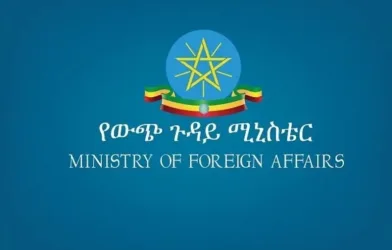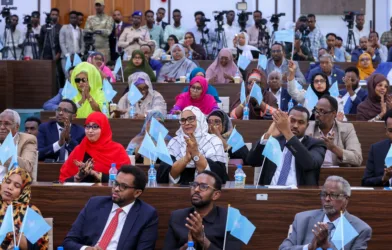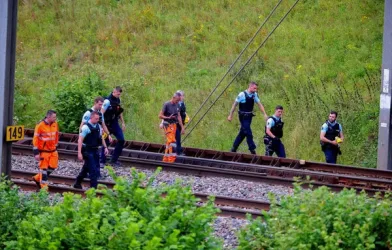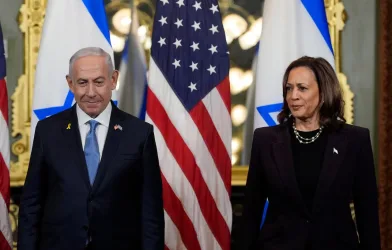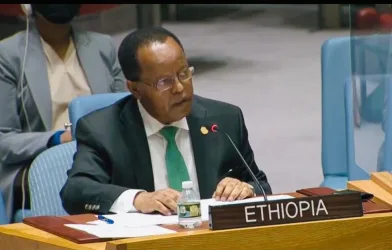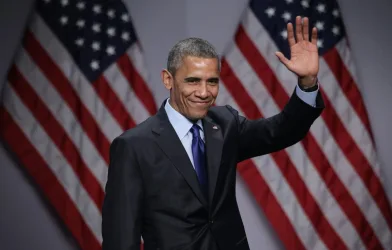 The UN refugee agency has expressed concern over the mass arrest of Somalis and other nationals in Kenya as part of a security force operation to end attacks by militant Islamists.
The UN refugee agency has expressed concern over the mass arrest of Somalis and other nationals in Kenya as part of a security force operation to end attacks by militant Islamists.
About 2,000 people have been arrested over the past week in the capital, Nairobi, a Somali diplomat said.
Kenya has vowed to flush out sympathisers of the Somalia-based militant Islamist group, al-Shabab.
The group has carried out a spate of attacks in Kenya.
Kenyan police have been carrying out raids in Nairobi’s mainly Somali neighbourhood of Eastleigh since three grenade blasts killed at least six people in the area last Monday.
‘Uphold rights’
Police allege that Eastleigh has become a safe haven for al-Shabab, an allegation many residents deny.
Those arrested in the raids include women and children, reports the BBC’s Tomi Oladipo from Nairobi.
They are being held at a sports stadium and at various police stations in the city.
Police are screening them to check their legal status, our correspondent says.
The UN refugee agency, UNHCR, said it had sought access to refugees and asylum-seekers who had been arrested in the raids.
It understood Kenya’s security concerns, but it wanted to appeal to law-enforcement agencies to “uphold the rights of all those arrested and to treat them in a humane and non-discriminatory manner”, UNHCR said.
Somalia’s ambassador to Nairobi, Ali Americo, told the BBC Somali Service that he had discussed the arrests with Kenya’s Interior Minister Joseph Ole Lenku at a meeting on Monday.
Mr Americo said he had been informed that most of the 2,000 people arrested were Somalis.
However, Ugandans, South Sudanese, Ethiopians and Eritreans were also among those being held, Mr Americo said.
Police spokesman Masoud Mwinyi told the BBC he did not know how many people had been arrested.
However, the number was increasing as the security operation went on, he said.
Last week, Kenya’s government ordered all Somali refugees living in towns to move into designated camps in a bid to end the attacks.
President Uhuru Kenyatta said the operation would continue to protect Kenya from further attacks by al-Shabab, which is linked to al-Qaeda.
“We are not fighting any religion or community. Our fight is against criminals who kill innocent children, women and men going about their everyday activities, including praying,” he said on Saturday.
On 24 March six people died in an attack on a church near the port of Mombasa.
In September, at least 67 people were killed after al-Shabab militants took control of the Westgate shopping mall in the capital Nairobi for four days.
Source: BBC
UNHCR 'concerned' over mass Kenya arrests
Published: April 8, 2014


